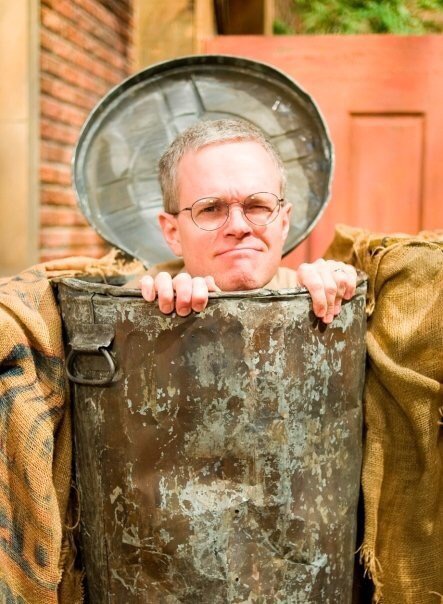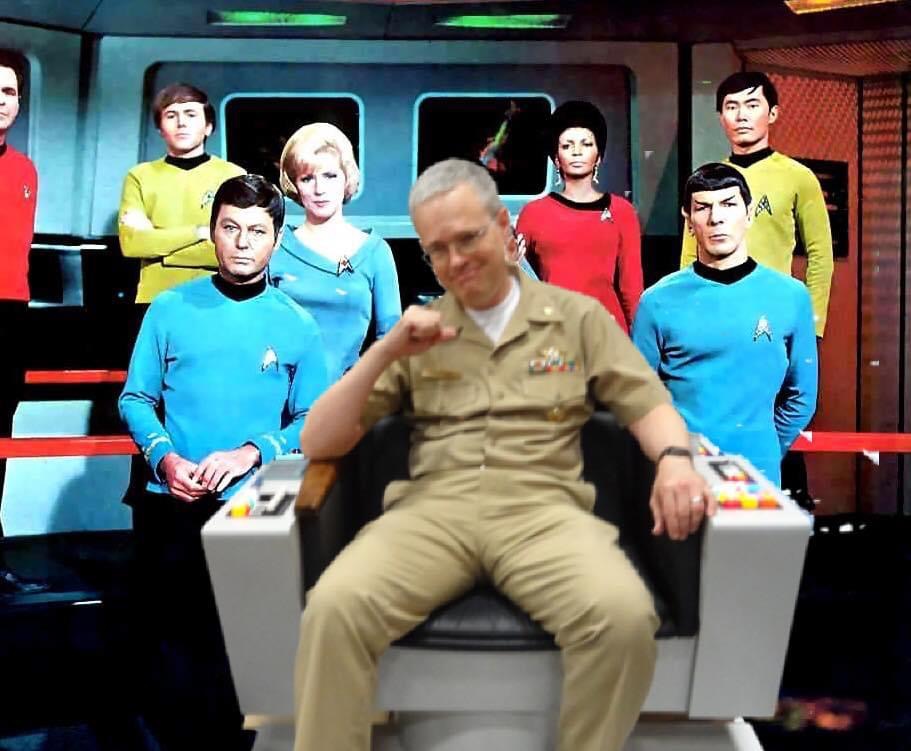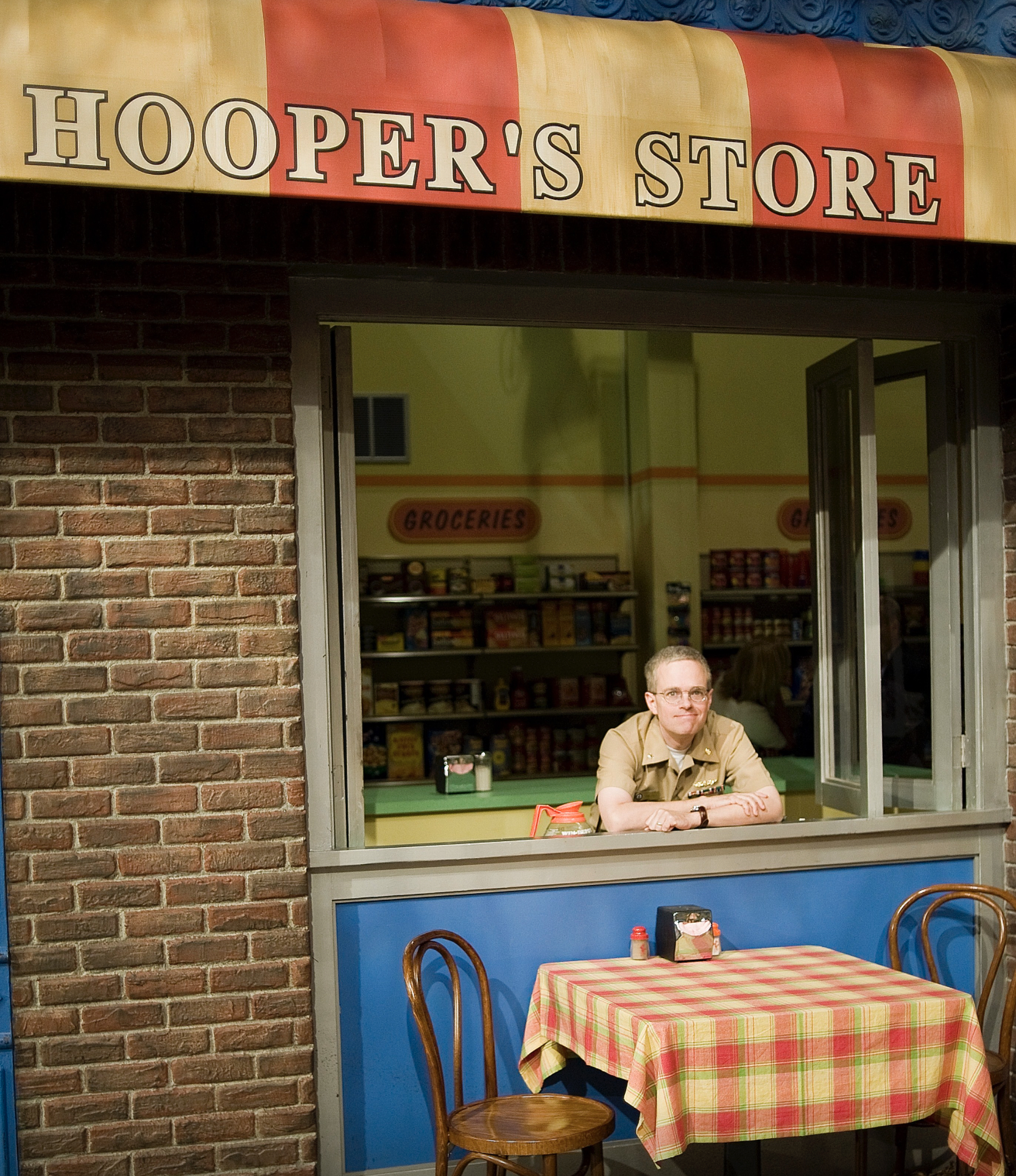From Rural Appalachia to DARPA Innovation
Three decades building technology that bridges the gap between ambitious ideas and real-world impact—from military VR therapy to federal education policy to autism advocacy.
My story in 30 seconds
- DARPA/ARPA-style innovation leader — built and led ambitious R&D portfolios turning emerging tech into deployed capability.
- AI, XR, and serious games — designed and scaled evidence-based tools for education and psychological health.
- Policy-to-product translator — helped move ideas from prototypes to adoption across government, nonprofits, and industry.
Why it’s personal: my two sons are on the autism spectrum, which keeps the work grounded in real-world inclusion and outcomes.
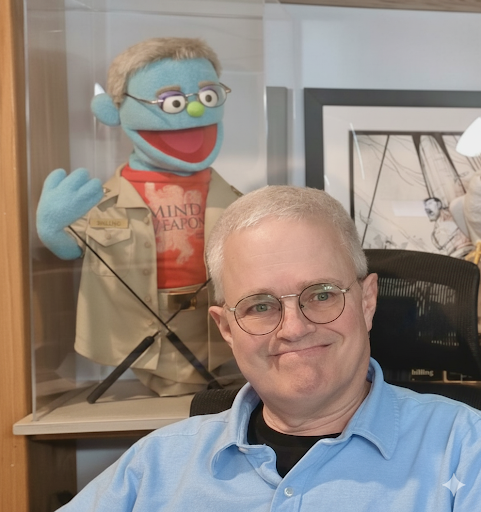
The Foundation
Navy Service, Research & The Birth of VR Therapy (1981–2014)
University Education and Research
I am a proud Wake Forest University graduate with a B.A. in Psychology. After graduating I did a short stint working in a neuroscience lab at Bowman Gray School of Medicine assisting with hippocampal research. Deciding I wanted to do more, I pursued my Ph.D. at The University of North Carolina at Greensboro where I built videogames to study auditory processing in children and adults. After completing my doctorate in 1992, I turned down various postdoctoral offers and took an unexpected path: joining the Navy to broaden my expertise beyond the lab.
U.S. Navy Aerospace Experimental Psychologist
I commissioned into the Navy as a Lieutenant with my freshly minted Ph.D. and an unconventional background. The Navy sent me through the same training pipeline as Navy Flight Surgeons where I learned aviation medicine, accident investigation, and what it actually takes to keep people safe and effective in high-stress aviation environments.
Over the next 22 years, I worked on a broad range of issues including spatial audio systems, virtual reality training and therapy, human factors research, medical training technologies, pandemic response, and hearing protection. I progressed from Lieutenant to Captain while learning how to turn research into tools that could actually help military members across all services.
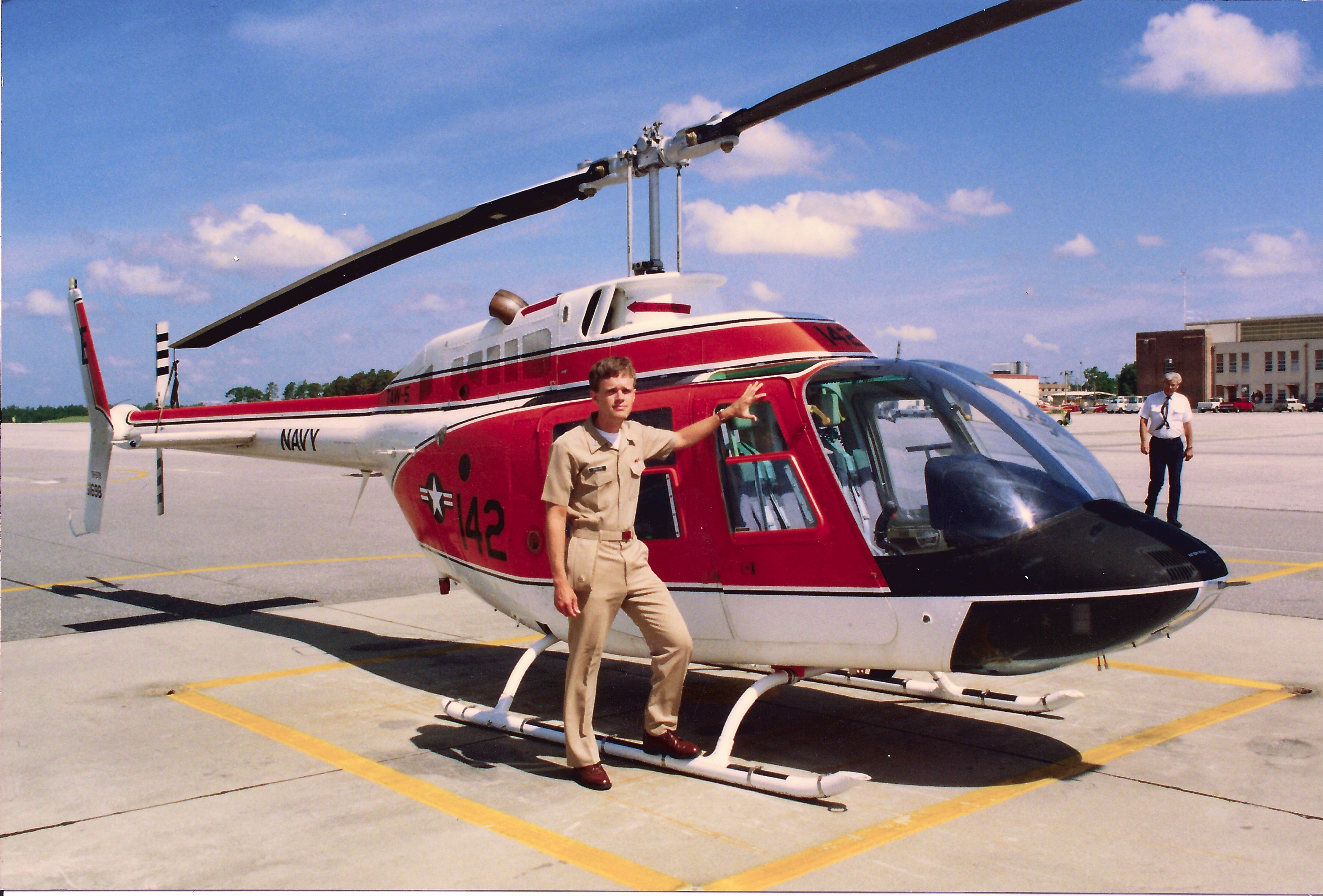
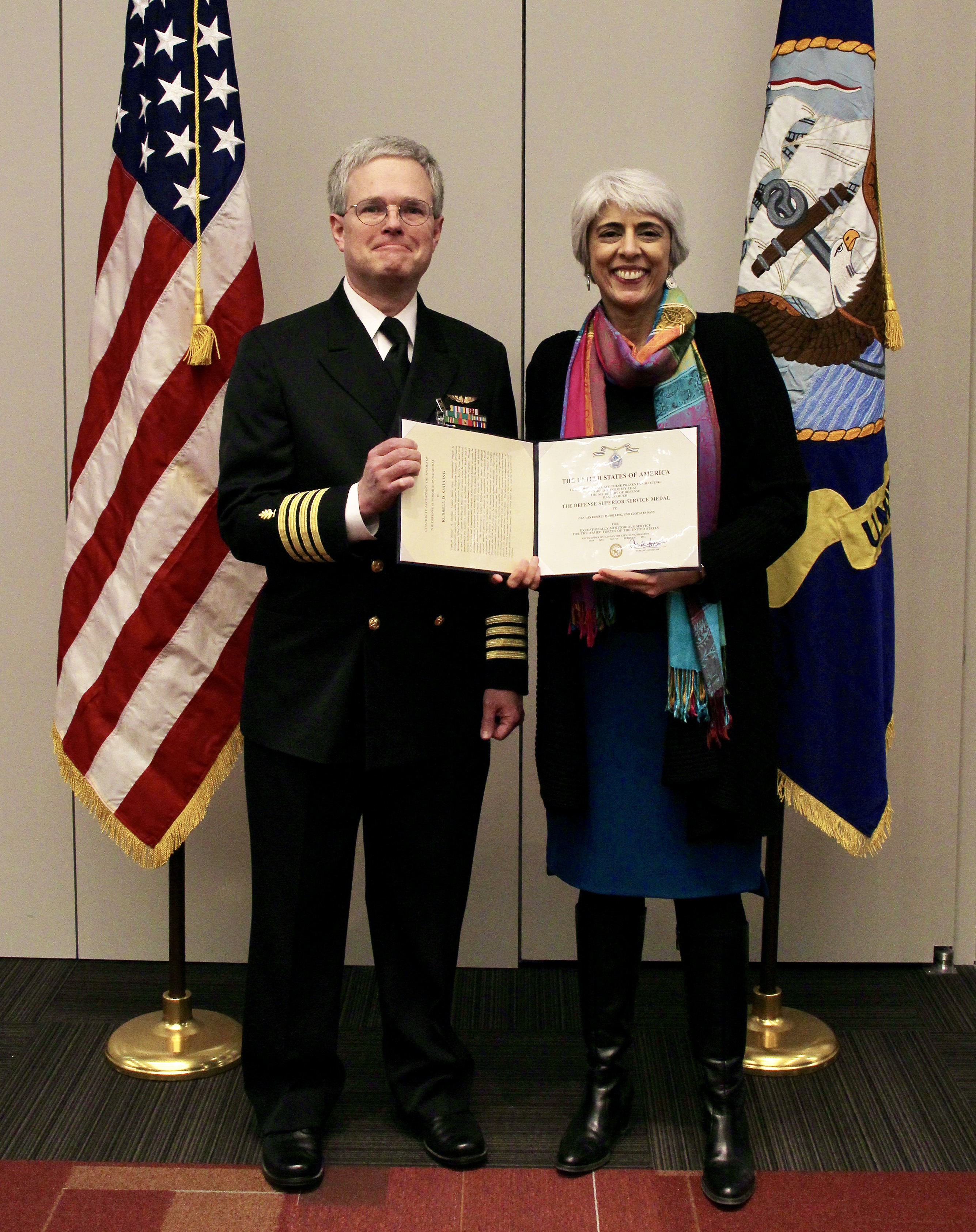
Associate Professor: USAFA & NPS
My academic career took me to two military institutions. U.S. Air Force Academy: I taught Psychology, Human Factors, Statistics, Leadership, and Neuropsychology in the Department of Behavioral Sciences and Leadership. Naval Postgraduate School: I moved to the MOVES Institute as Associate Professor and Technical Director, translating research in virtual environments and simulation into practical military training tools.
America's Army: Sound Design & Serious Games
At the Naval Postgraduate School's MOVES Institute, I served as the Sound Designer for America's Army, the first and one of the most successful serious games in federal history, which garnered over 10 million users. My work was recognized by GameSpot as one of the best sound designs of the year.
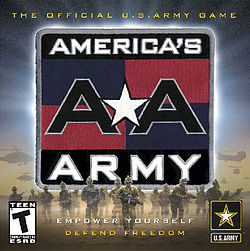
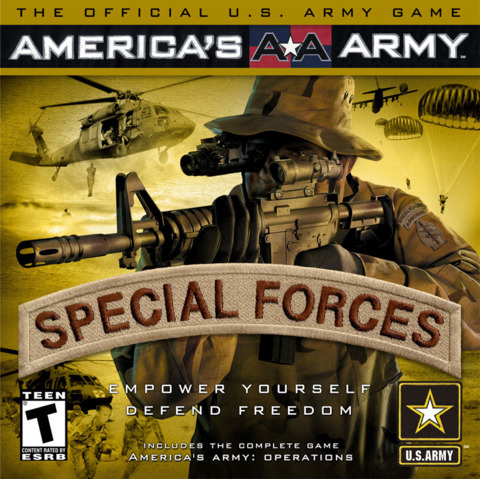
Office of Naval Research: VR PTSD Breakthrough
I launched the Department of Defense's first Virtual Reality Therapy program for PTSD. People thought I was taking a risky bet, using video game technology to treat combat trauma. But the research supported it, and service members were coming home needing help. We had to try something different.
Impact: The program is now in over 70 Veterans Affairs clinics nationwide, helping thousands of service members work through trauma in controlled, safe environments.
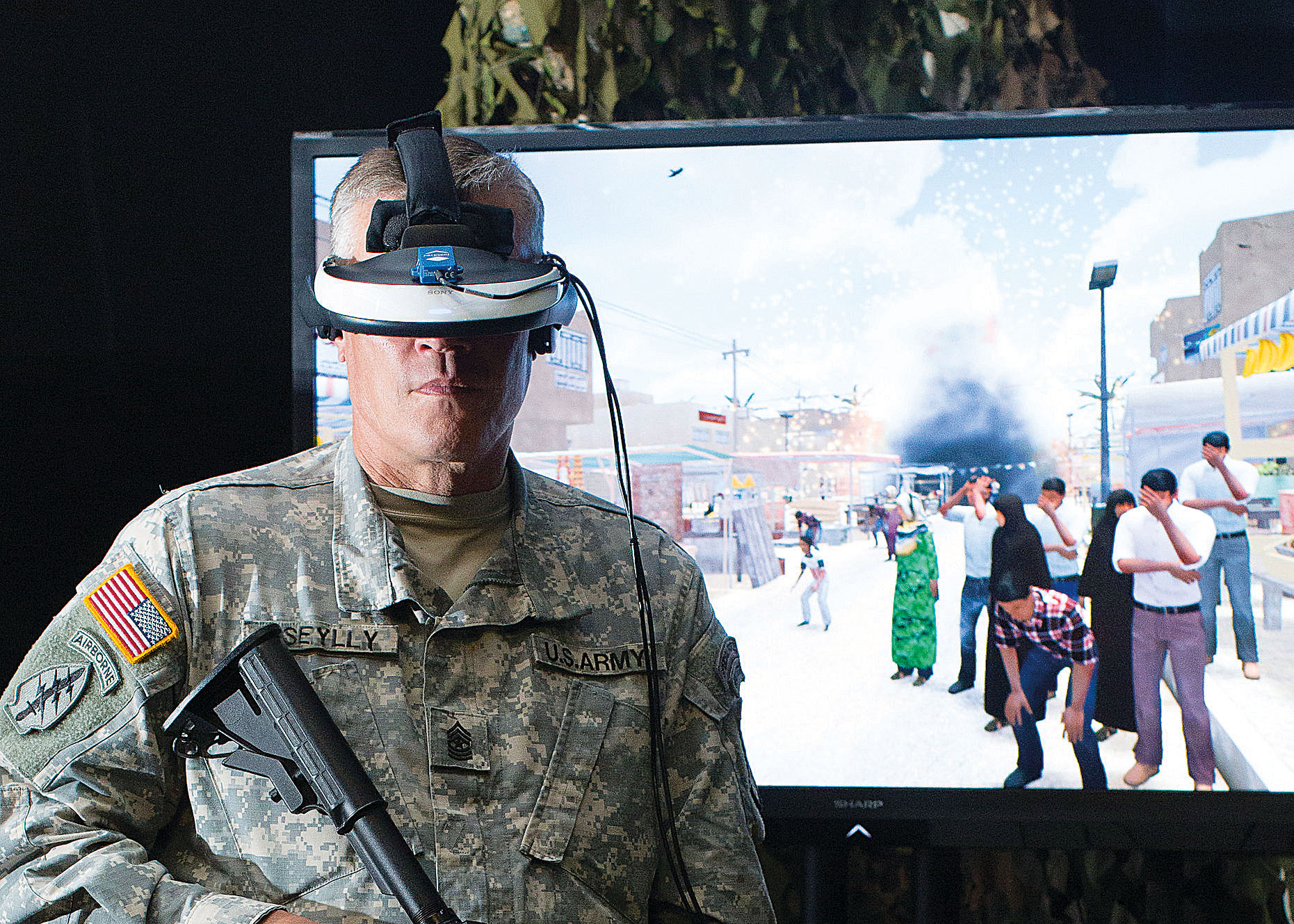
Defense Centers of Excellence
As Executive Director for Science and Technology, I helped plan and execute nearly $1 billion in PTSD and traumatic brain injury research and clinical support. The challenge was connecting basic science with what clinicians actually needed in the field.
Sesame Workshop: Military Families
I managed more than $10 million in collaborations with Sesame Street to support military children and families coping with deployment, separation, grief, and injury. Working side by side with the Sesame team, we built videos, storybooks, and apps that parents could share with their kids during some of the hardest moments of military life.
Scaling Impact
DARPA, The White House & National Policy (2010–2020)
DARPA: $60M Innovation Portfolio
I managed over $60 million in interdisciplinary research and development projects transforming psychological health and STEM education. The work included pioneering intelligent AI agents for mental health support, creating a graphic novel development program as art therapy for PTSD, developing personalized educational games with novel analytics, and building adaptive learning systems that met students where they were. I was focused on pushing the boundaries of what technology could do for human development.
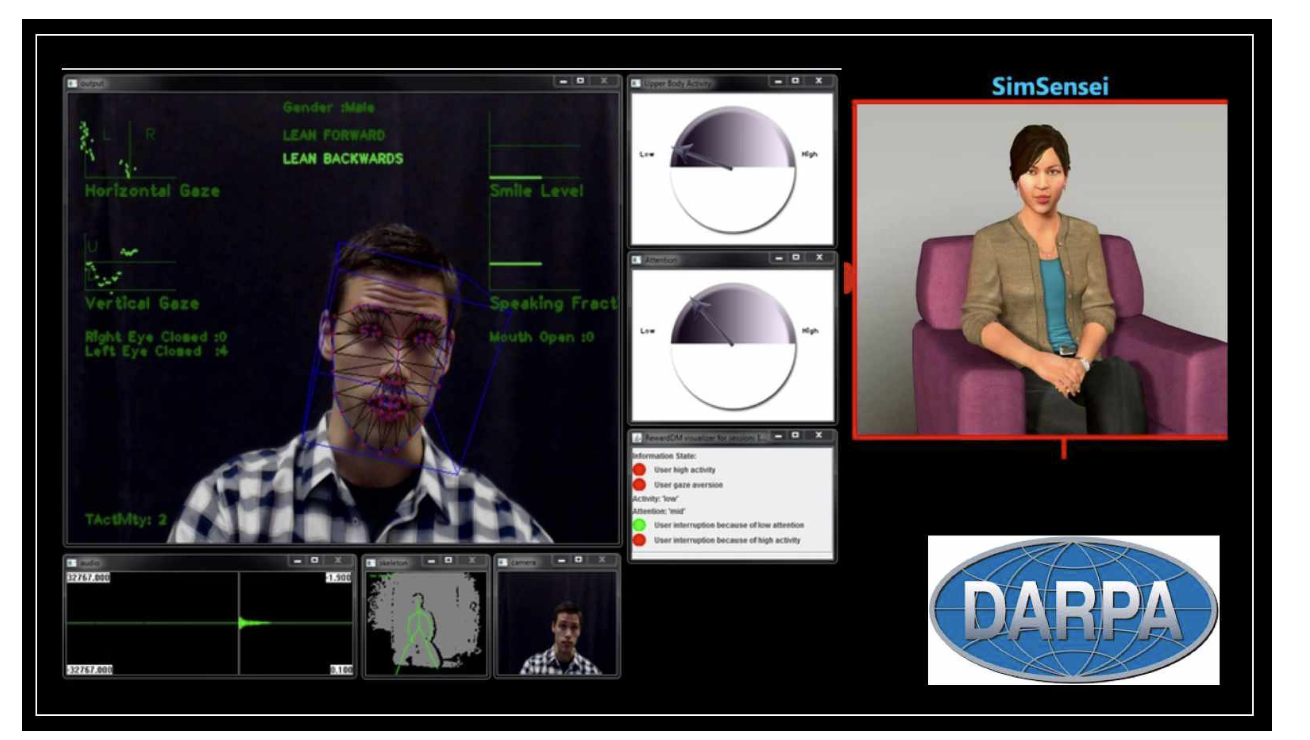
U.S. Dept of Education: Presidential Appointee
I joined the Obama Administration as Executive Director of STEM Initiatives, creating the first Office of STEM. In this role, I coordinated 60+ STEM programs across federal agencies, established 200+ public-private partnerships, and led White House STEM in Early Childhood initiatives. I published the "STEM 2026" framework to reduce disparities and advocated for an education equivalent to DARPA, which we called ARPA-ED.
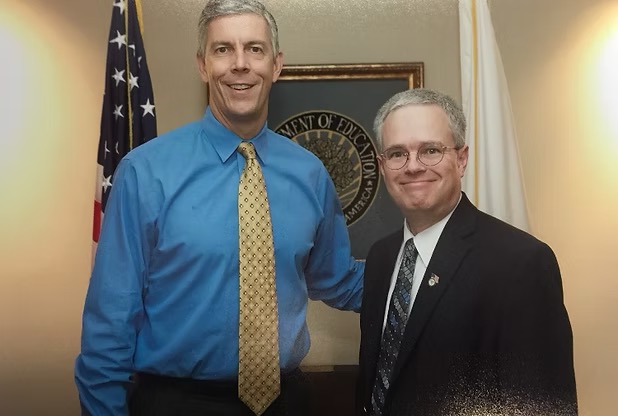
Digital Promise: $50M Education R&D Fund
As Senior Innovation Fellow, I co-created the Advanced Education Research and Development Fund (AERDF), a $50 million initiative from Gates Foundation, Chan Zuckerberg Initiative, and NewSchools Venture Fund focused on kids from economically disadvantaged backgrounds. The idea was straightforward: take what works at DARPA (high-risk bets, rigorous testing, clear paths to scale) and apply it to education.
American Psychological Association: CSO
I led the Science Directorate for 118,000 members, working to connect psychological research with federal policy. I created the Office of Applied Psychology to better support practitioners and spent considerable time thinking about how psychology and technology intersect, and what that means for ethics and practice.
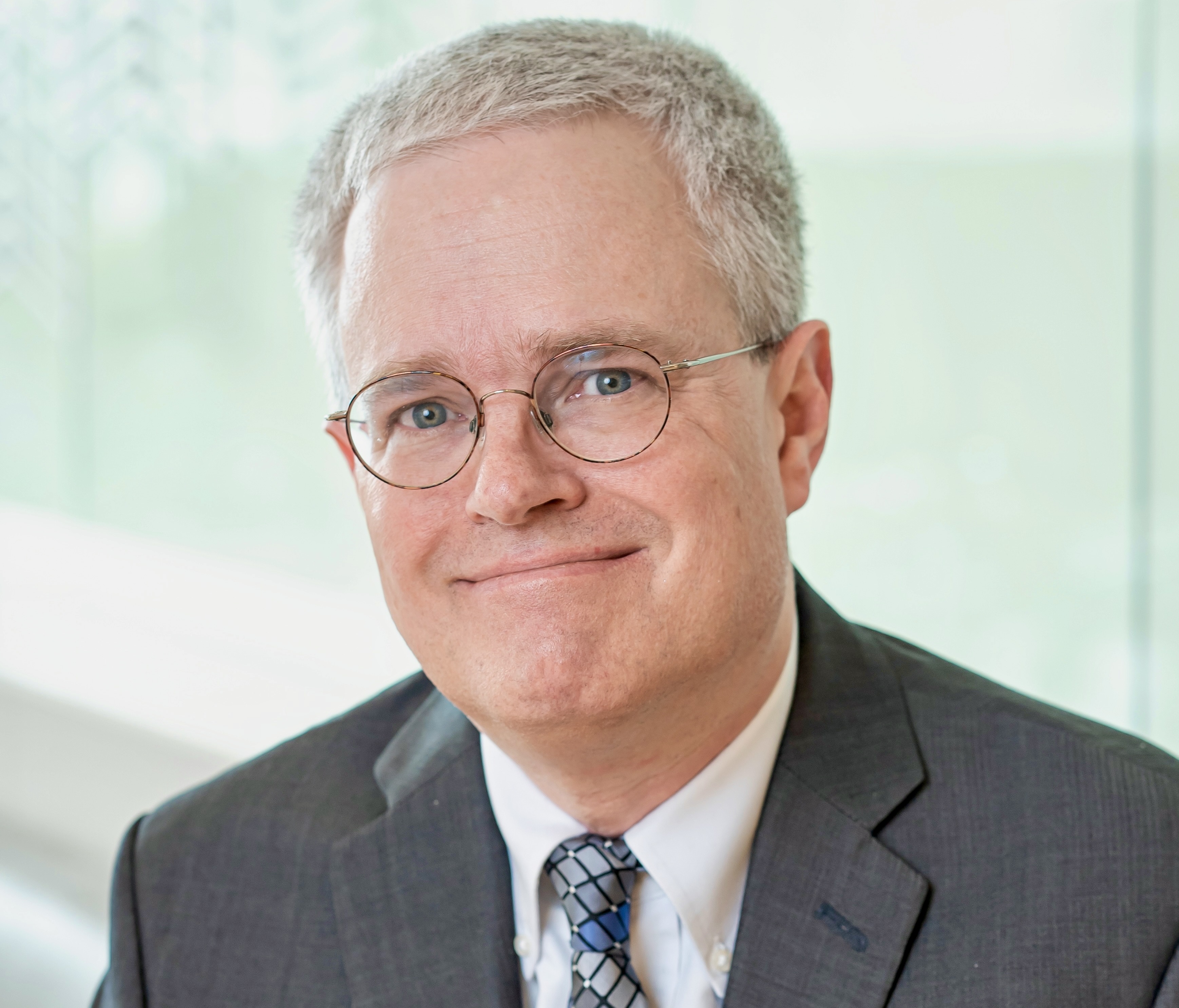
The Personal Mission
Neurodiversity, Advocacy & The Future (2020–Present)
My Sons, My Mission
When both my sons were diagnosed with autism, everything changed. Suddenly I was not just an innovator studying problems from the outside. I was a father navigating a system that too often fails families like mine. Every meeting about accessibility, every conversation about inclusive design, every policy discussion about neurodiversity brings that lived experience to the table.
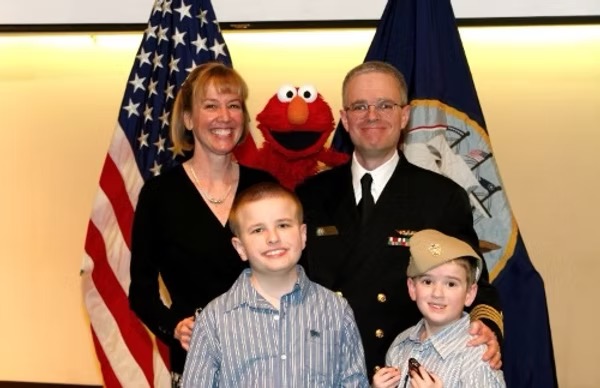
AI-Powered Wellness
I serve as Senior Consultant at Sidekick Wellness, building on my DARPA work to create AI-powered wellness platforms for Veterans and college students. The technology has evolved, but the mission remains constant: meet people where they are, with tools that actually help.
MindTrust & EdSafe AI
I serve as Senior Innovation Advisor at MindTrust, developing Roblox games with Sesame Street and Project Lead the Way. I also work as Senior Advisor at EdSafe AI Alliance on international policy for AI in education, trying to make sure the technology is safe, effective, and does not widen existing gaps.
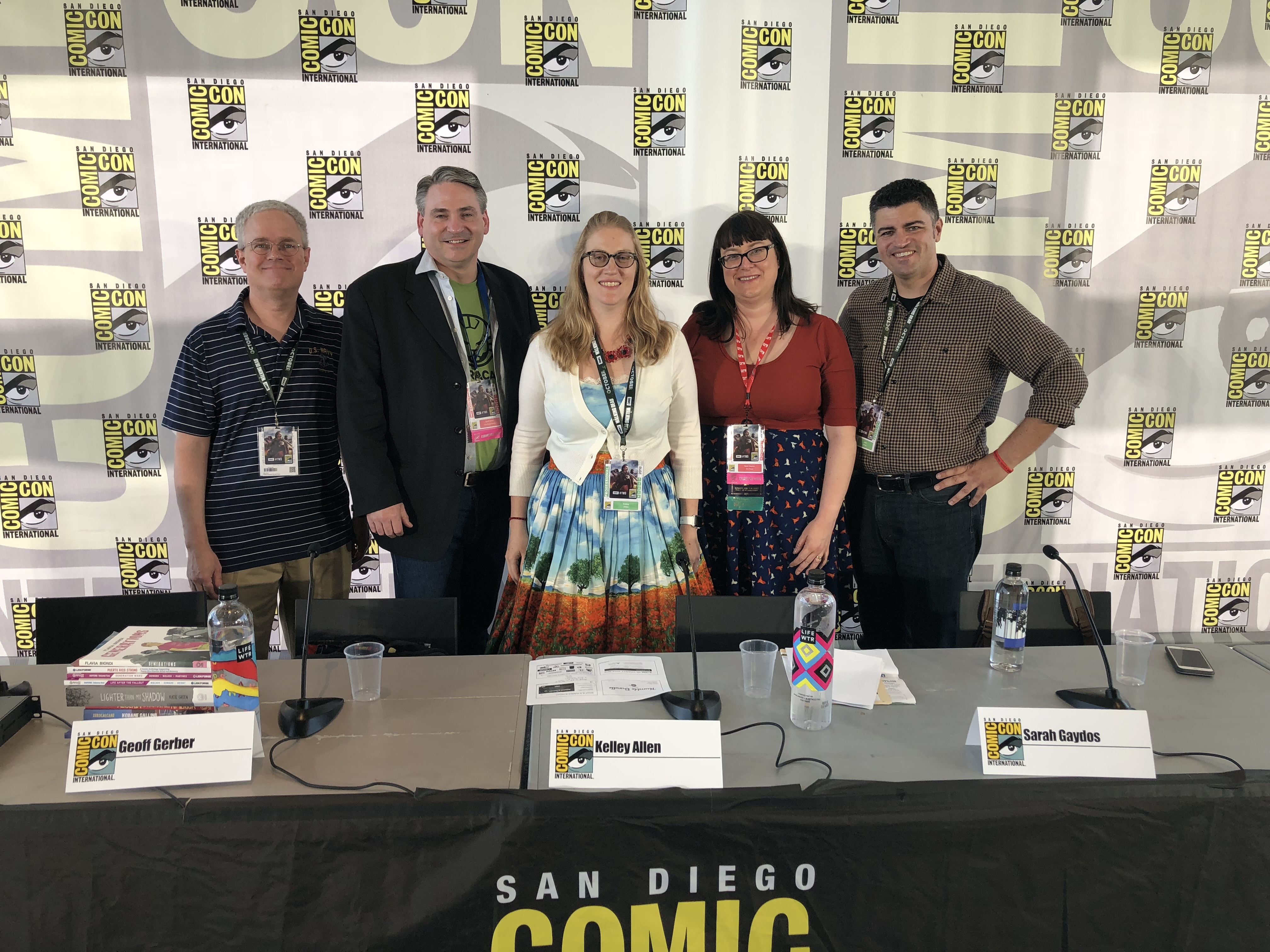
Autism Speaks: Science Advisor
I serve on the Medical and Science Advisory Committee, co-planning technology conferences with Qatar Foundation on accessibility and inclusion (April 2025). I advise on innovation strategies for inclusive tech in global neurodiversity ecosystems.
MVMT Ventures
I serve on the founding advisory board at MVMT Ventures, a venture studio focused on accessibility products. I help entrepreneurs build solutions that do not just accommodate differences but celebrate them.
United Nations: AutismTech Panel
I spoke at the UN on policy and innovation strategies for inclusive technology. When you are on that stage, representing millions of families navigating the same challenges as mine, the responsibility is profound. My wife Elaine and I also speak at events supporting respite care programs like Jill's House.
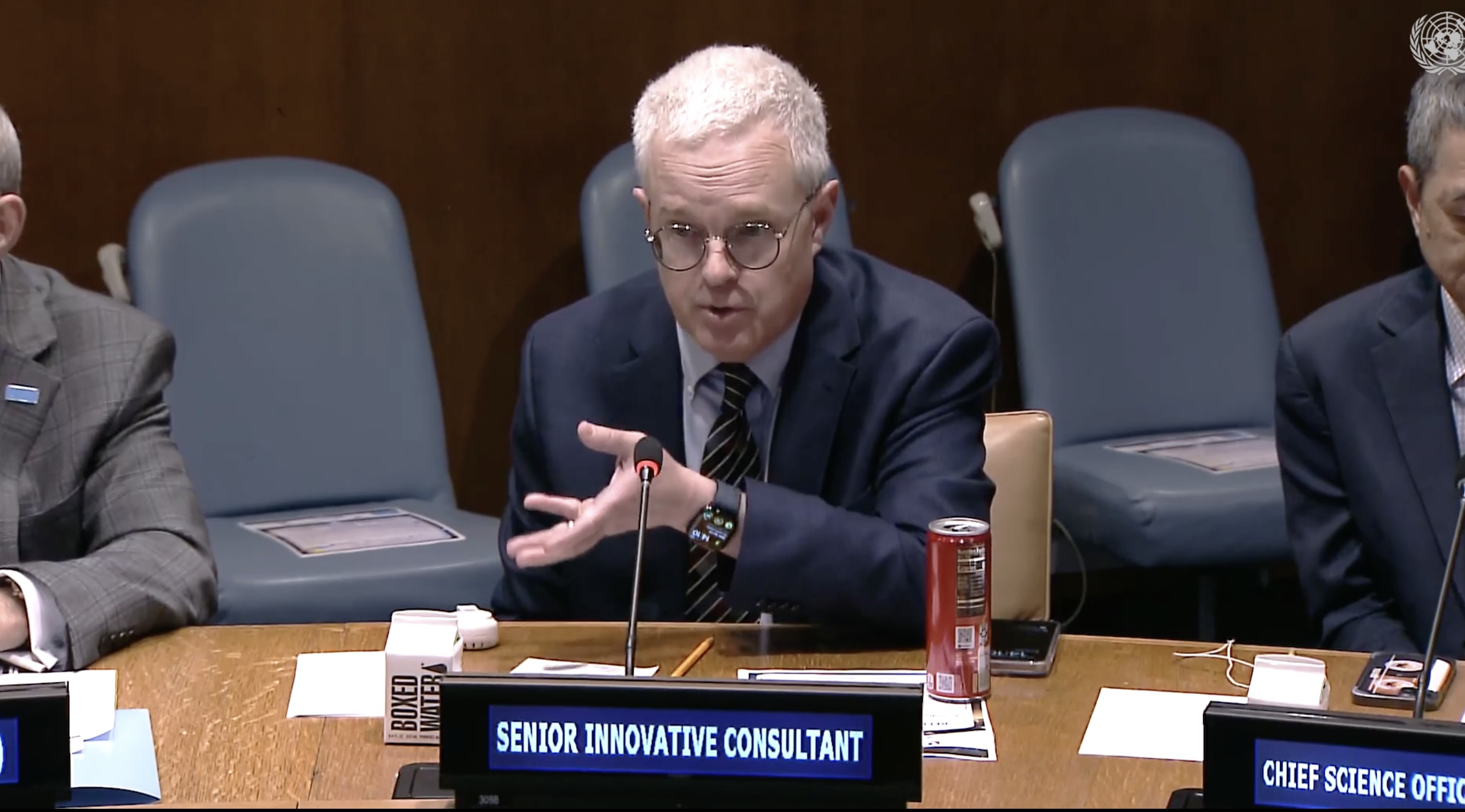
What Drives Me Today
Technology is at an inflection point. AI, extended reality, and adaptive learning systems can either widen or close the opportunity gap. My three decades of experience, from military service to DARPA innovation to federal policy to autism advocacy, have taught me that the best innovations emerge when we design for those who need them most. Today, I focus on ensuring AI serves humanity, especially those who think differently, learn differently, and experience the world differently.
